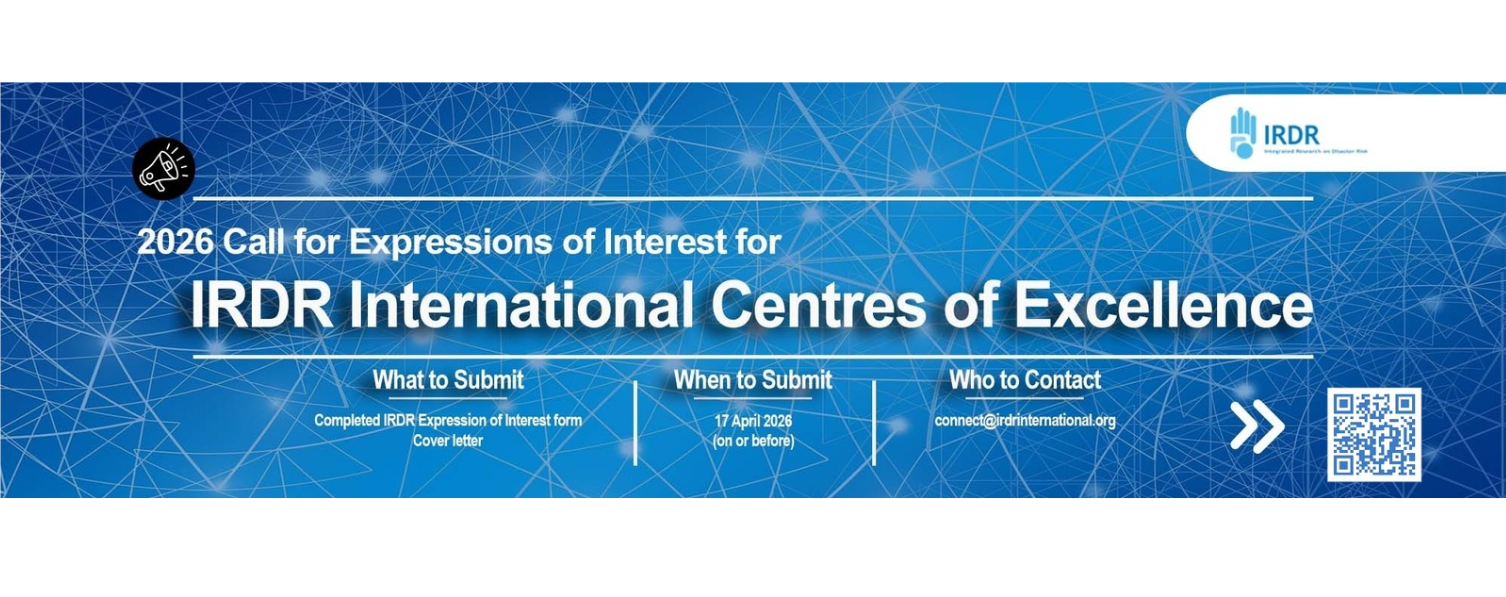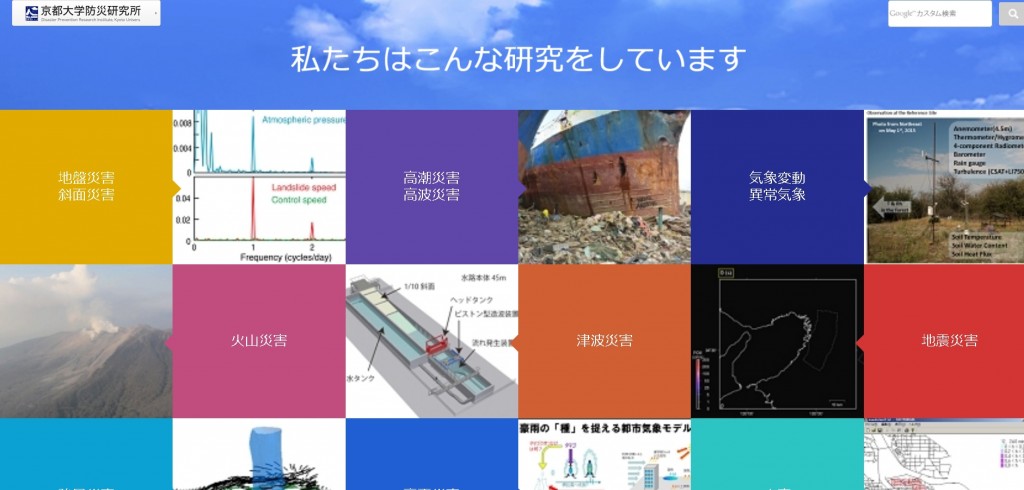The Minister for Climate Change welcomes the Ministry for the Environment’s appointment of an expert panel to create the framework for New Zealand’s first National Climate Change Risk Assessment. IRDR SC member Bapon Fakhruddin was appointed.
“The National Climate Change Risk Assessment (NCCRA) will provide a national overview of how climate change is likely to impact New Zealand, and will identify where the gaps in our knowledge are,” says the Minister for Climate Change, James Shaw.
“We need to be assessing now what the future risks of climate change will be, and where and how New Zealand needs to adapt. We also need to be able to anticipate what our most challenging issues are likely to be.
“The NCCRA will inform and help prioritise effective adaptation action,” James Shaw says.
The initial step is to create a risk assessment framework, which will enable comparisons of a broad range of risks.
The nine members of the NCCRA expert panel who have been picked to do that work come from a range of backgrounds, including research, engineering, and the public sector.
Panel members have expertise in climate change risk and risk assessments, vulnerability assessments, and risk in the context of Te Ao Māori.
The panel will be chaired by Dr Anne Bardsley.
Dr Bardsley has come from the Office of the Prime Minister’s Chief Science Advisor where she led work on risk and emergencies. This work programme produced two reports in 2016 on “Making decisions in the face of uncertainty”.
“Without a national-level risk assessment system we’ll continue to be unprepared for climate change,” says James Shaw.
“New Zealand faces a broad range of climate-related impacts. We’re already starting to see some now.
“Coastal Hazards and Climate Change guidance for local government drew on 2015 work by the Parliamentary Commissioner for the Environment which warned building replacement costs from climate change in New Zealand could total $19 billion.
“Local Government NZ estimates $2.7 billion of council roading, water, and building infrastructure are at risk from 0.5 metres of sea level rise, and that increases to $14.1 billion with three metres of sea level rise, and LGNZ says those are probably conservative estimates.
“Auckland Council recently released its climate change risk assessment which says nearly one quarter of the region’s buildings – over 127,000 buildings – are exposed to flood hazards.
“So, starting this risk assessment is an important step towards building a more resilient New Zealand,” James Shaw says.
The panel will produce a National Climate Change Risk Assessment framework by the end of June and the first risk assessment will be completed by the middle of next year.
Original source: https://www.beehive.govt.nz/release/national-climate-change-risk-assessment-panel-appointed





